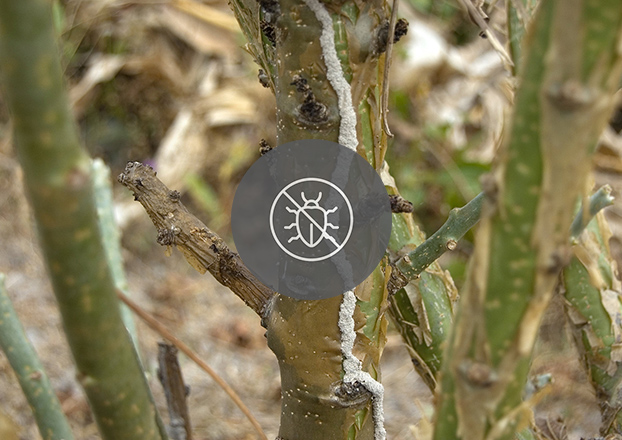Managing pests, diseases and weeds is critical to ensuring agricultural productivity, but when based on the use of environmentally-disruptive chemicals, it can adversely impact human health, soil biota, pollinators, water quality and biodiversity – well beyond field and farm boundaries. Agroecological approaches address many of these challenges through the use of biodiverse crop, tree and livestock components, but often require concerted action at field and landscape scales to manage specific threats. This domain includes projects focused on threats such as fall army worm in maize and swollen shoot virus in cocoa, as well as general design principles for agroecological practices at field, farm and landscape scales that manage threats and evidence their efficacy.
Progress
In light of the environmental, health and economic costs rendered by over-use of synthetic pesticides in conventional agriculture, this domain is devoted to agroecological approaches to pest and disease control, which seek to boost the role of beneficial organisms in farming systems – and draw on both local knowledge and ecological principles to do so. The first project to be implemented under this domain is focussed on agroecological approaches to managing Fall Armyworm, though it also seeks to collect information on other co-occurring pests and diseases, and to explore how agroecological pest management more generally might be integrated successfully into smallholder farming systems.

